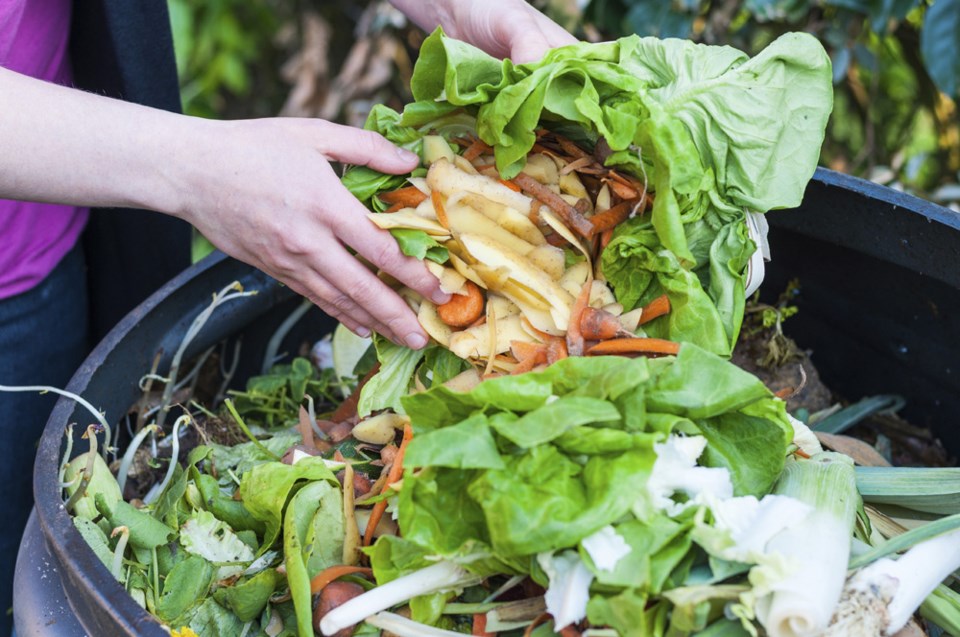The City of Burnaby is floating the idea of creating its own organic waste facility, according to documents published last week.
In an email to the NOW, city spokesperson Chris Bryan said tipping fees for green waste “have been rising significantly in recent years.”
“There are a limited number of companies offering the service in the region. As a result, city council asked that we explore the option of running our own facility,” Bryan said.
The city filed a request for proposals last week seeking a consultant to conduct a feasibility study for options on potentially developing their own organics facility. This comes after the city approved a $16-million five-year contract for dealing with green waste in fall 2019.
According to the RFP, which is set to close by the end of the month, the city is looking at using an organics waste facility to produce energy by capturing the biogas emitted. Processing organics tends to produce methane and carbon dioxide as the waste decomposes, which can be used to replace other natural gas sources.
This is typically considered to be a carbon neutral fuel source, as combustion doesn’t produce any new greenhouse gases – those are already being released into the atmosphere through decomposition, according to FortisBC.
The feasibility study is also expected to help the city find a location for a potential green waste facility, as none has been identified as of yet. That will include looking at space requirements, as well as zoning and traffic issues.
Among the considerations, the study will have to look at the economic and environmental arguments for and against a organics facility, regulatory requirements for such a facility, best methods for capturing energy produced by processing organics, staffing requirements and potential negative impacts to the neighbourhood, including traffic and smell.
Such a facility would be aimed primarily at dealing with residential organics – food scraps and yard trimmings – but the city would also look at the potential for including clean wood waste and “commercial-grade food scrap materials.”
The successful applicant will also be expected to look at a regional approach to such a facility and potentially collecting materials from beyond Burnaby’s borders.
Once the study has been completed and approved by staff, the public will get opportunities to see the study’s findings through town halls, open houses and council meetings, according to the RFP.
Bryan said the city hopes to have a report ready for council by fall.



